Pre-op Assessment
In every cataract clinic you are seeing patients with a view to planning the ideal approach to their surgery.
There are certain questions you need to answer:
Does the patient have symptoms?
If a patient is asymptomatic, ie unaware that they have a cataract, and within the legal driving limits I would not recommend surgery.
Are the symptoms caused by the cataract?
Is the evident cataract adequate to account for the symptoms, and the measurable reduction in contrast sensitivity and acuity. Double check the tear film, the corneal surfaces, the anterior and posterior chambers, and the retina to ensure you have not missed secondary pathology.
Do any other conditions need to be treated first?
Blepharitis, meibomianitis, poor tear film, corneal infection, uveitis, glaucoma, diabetic retinopathy and wet macular degeneration for example.
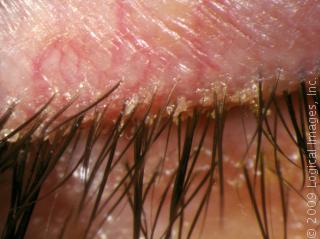
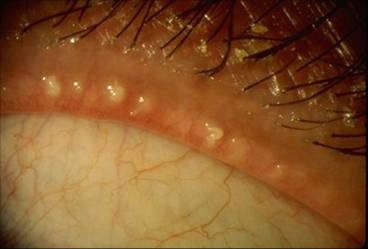

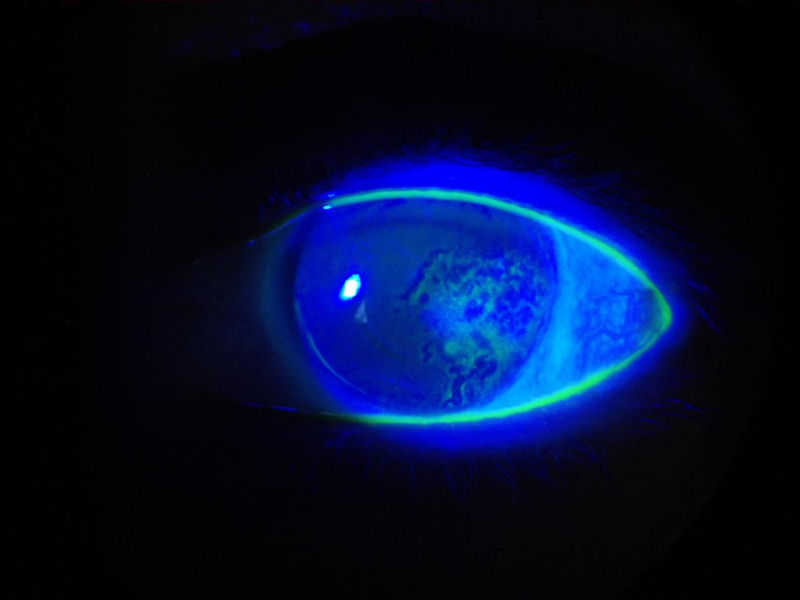
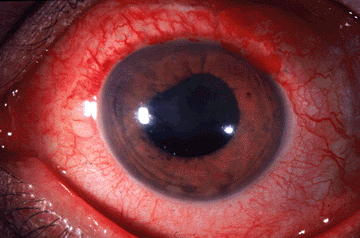
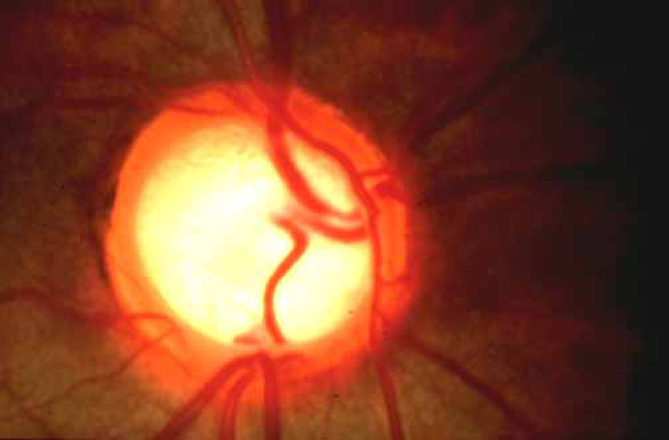
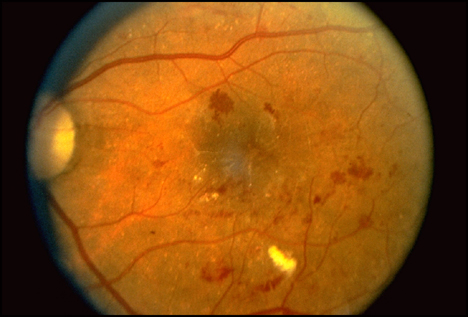
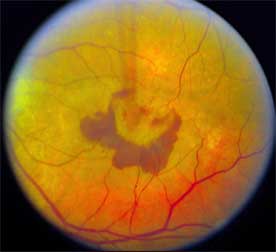
Are there any contraindications to local anaesthetic?
Can the patient lie flat without undue tremor for 10 to 15 minutes? Are they especially anxious? If hard of hearing will they be able to remember the initial intructions.?
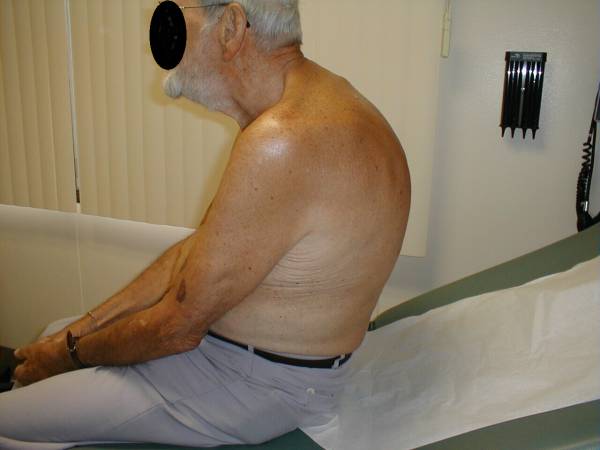


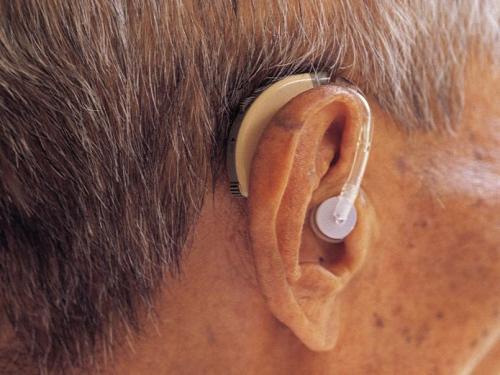
Are there any factors to increase the surgical risk?
Unusually long or short eyes, patient tremor, deep set eyes, corneal scarring, corneal endothelial dystropy, poorly dilating iris, tamsulosin, aspirin, warfarin, dense nuclei, pseudoexfoliation, previous trauma, phacodonesis, lens subluxation, previous vitrectomy, cystoid macular oedema in the other eye, retinal pathology or only eye. In any or all of these situations an experienced surgeon is recommended.
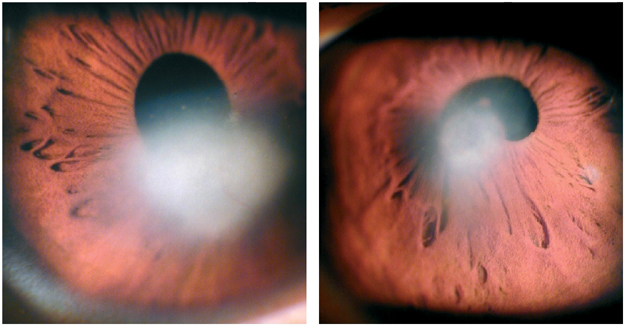
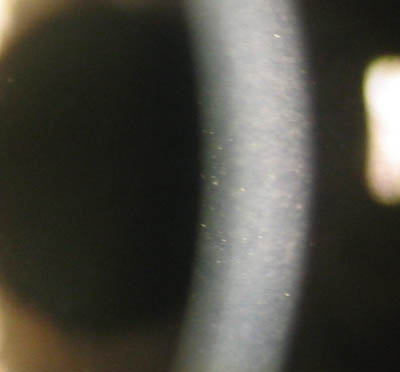
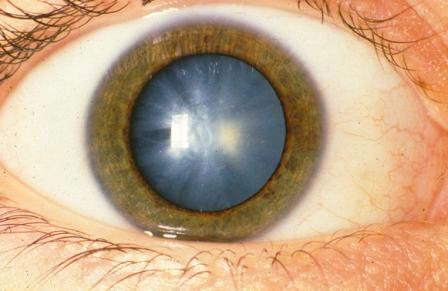
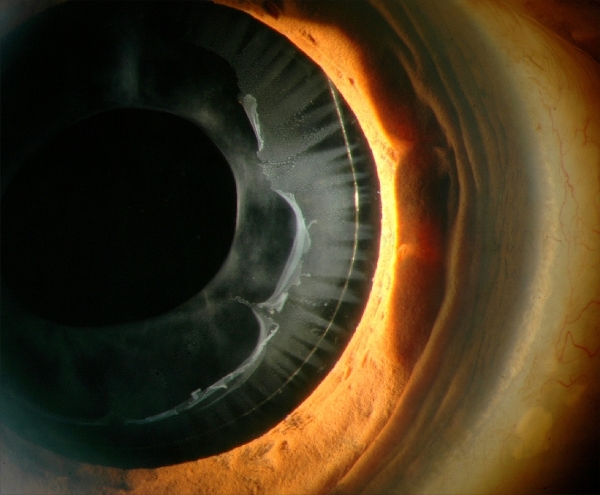
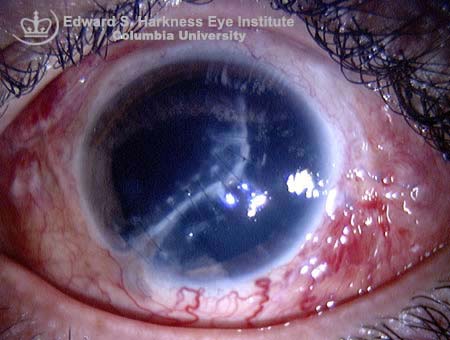
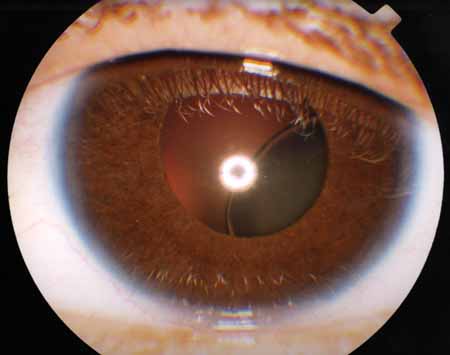
Is a premium IOL recommended?
What is the patients current refractive error? Is a decision to operate on one eye in fact a decision to operate on both due to anisometropia if only one eye is made emmetropic? Would a myopic patient prefer low myopia to emmetropia? Any astigmatism above 1.5D needs consideration, and some would argue below that level. Toric lenses are ideal for astigmatism. Does the patient want to consider monovision or multifocal IOL implantation?
Overall does the risk:benefit favour surgery?
For the vast majority of patients the answer is yes. Modern small incision cataract surgery is very safe. If the patient has a symptomatic cataract, its removal should remove the symptoms and restore their vision.
